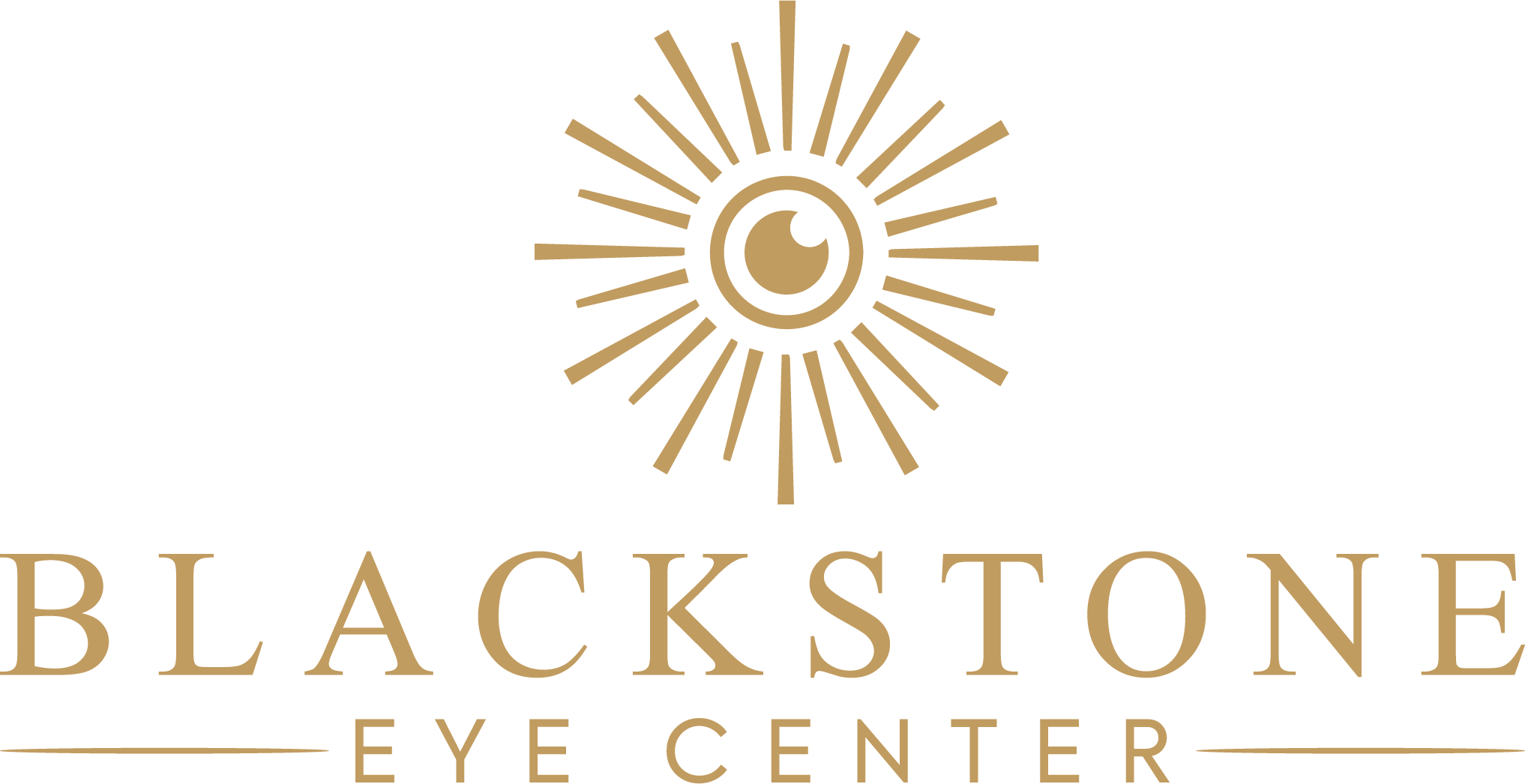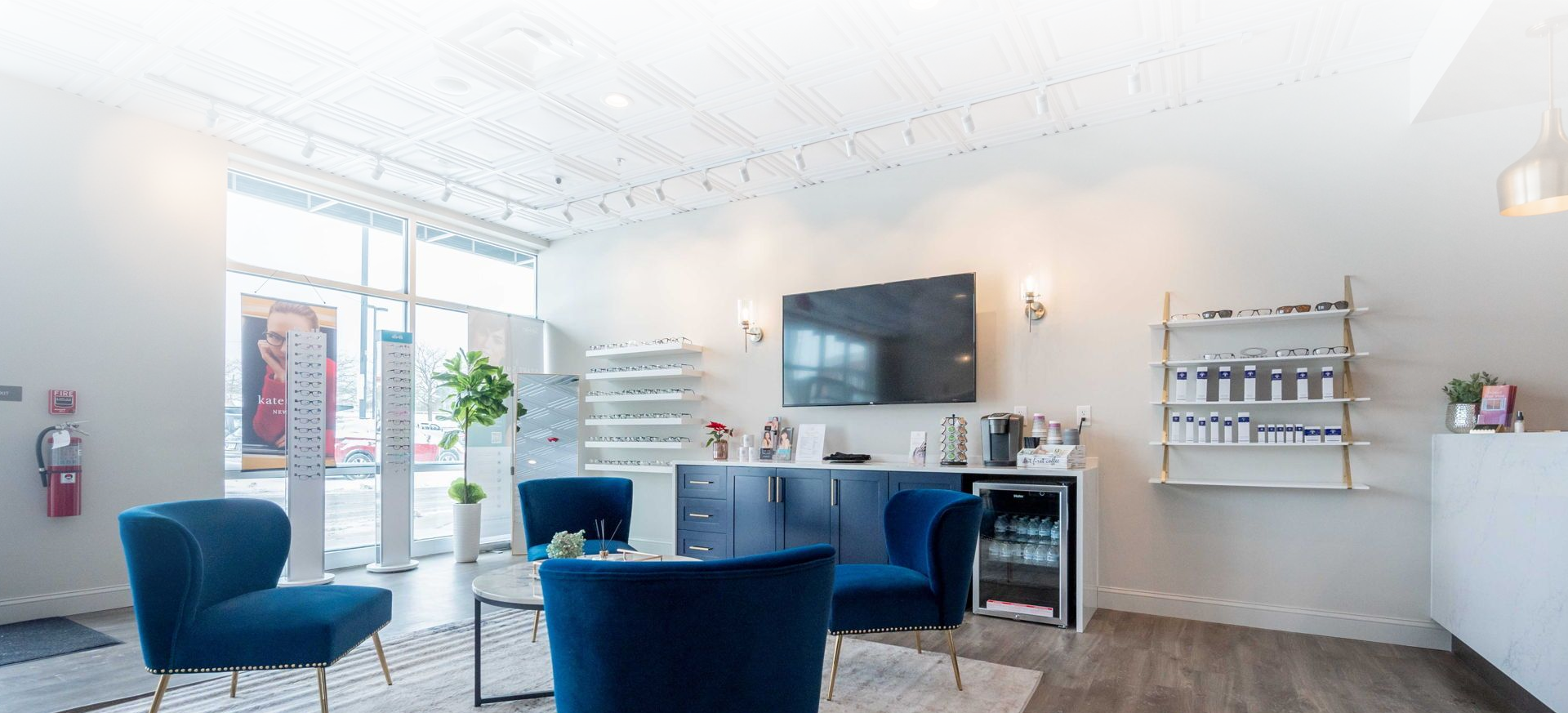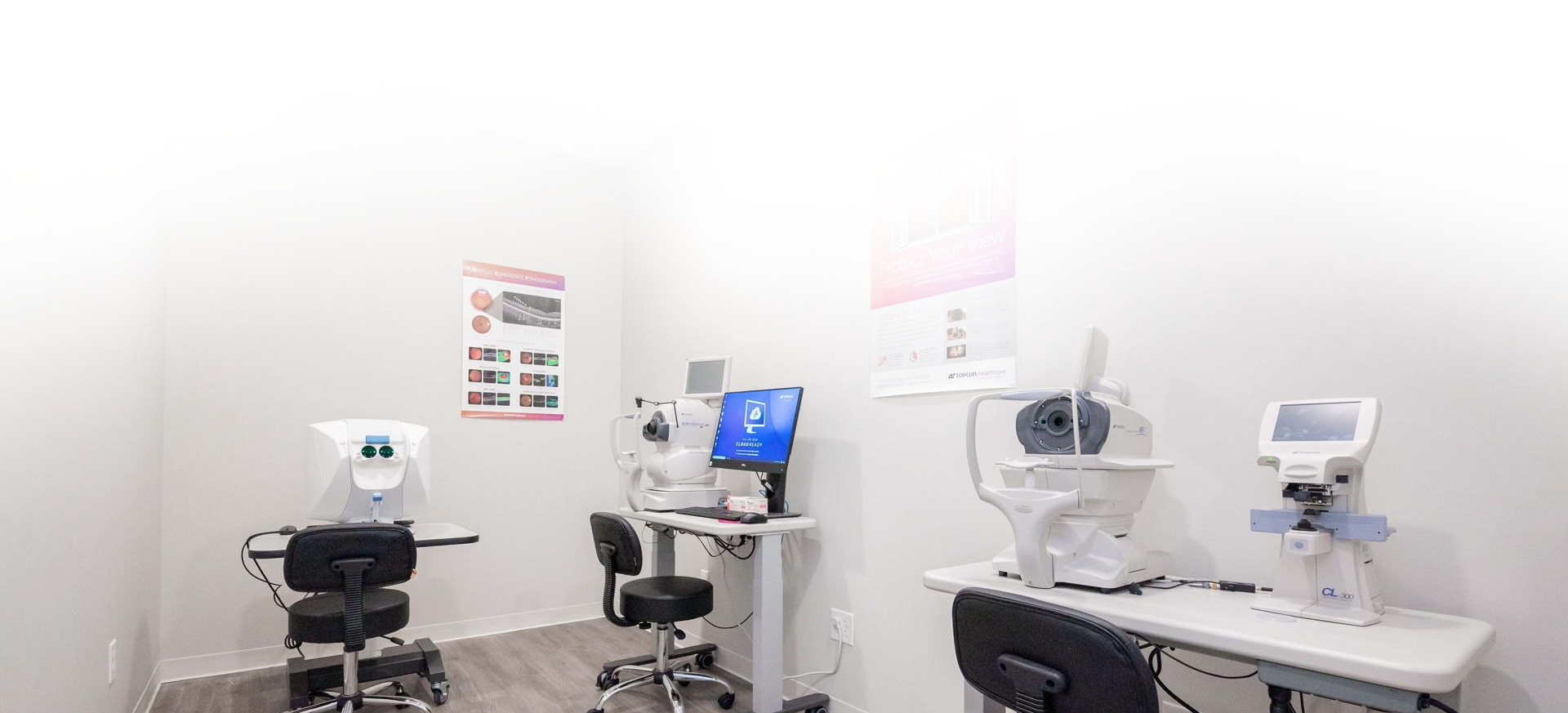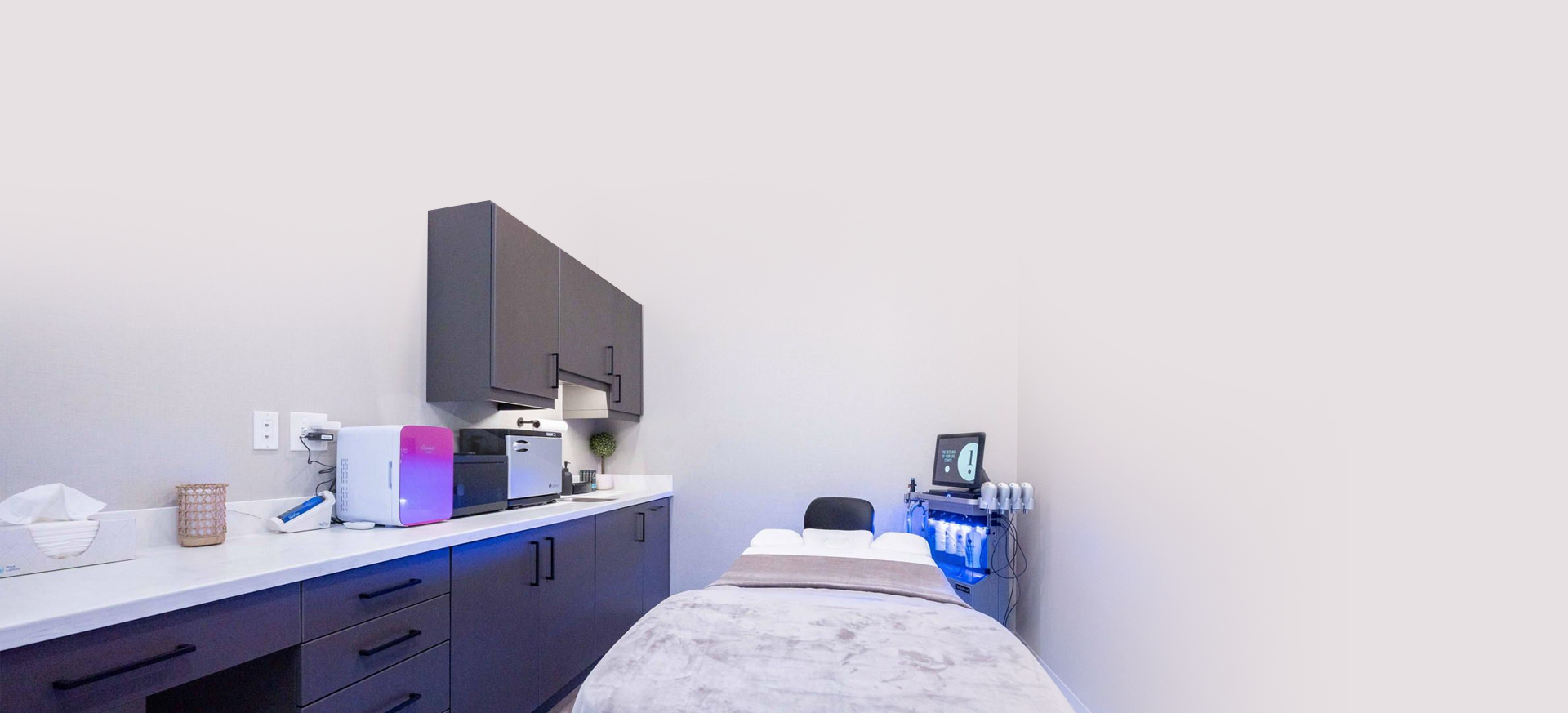
If you need daily vision correction, you can choose to wear glasses or contact lenses. Many individuals prefer the convenience associated with contacts. The lightweight lenses are placed directly on the cornea, providing benefits ranging from practicality to appearance.
In the past, contacts were not ideal for people with certain eye conditions. Fortunately, technology now lets you find specialty contacts that fit your needs. Here are the different types of specialty contact lenses.
Rigid Gas Permeable Lenses
Rigid gas permeable (RGP) lenses are made from a stiff plastic that maintains its shape and allows oxygen to reach the eyes. The lenses provide clear vision, are highly durable, and are easy to care for as they are less likely to tear or rip.
Those that choose RGP lenses may take some time adjusting to them, as they are harder than regular contacts. With a proper fitting, the contacts are ideal for people with irregular corneas.
Scleral Lenses
Unlike regular contacts, scleral lenses do not rest directly on the cornea. The large-diameter lenses rest on the less sensitive white of the eye (sclera), vaulting over the cornea. The lenses range widely in size from 14.5 mm to 24 mm and fit many different eyes.
The lens curve acts as a fluid reservoir, keeping the eyes comfortable. Patients with dry eye who find wearing regular contacts uncomfortable may benefit from these specialty lenses.
Toric Lenses
People with astigmatism may benefit from wearing toric lenses. The specialty contacts sit correctly on the eye, helping maintain clear vision. The lenses can also correct other refractive errors. Everyone's eyes are unique, so it can take a while to find lenses that fit perfectly and correct astigmatism. Most astigmatic patients need to try several lenses before finding the right ones.
Orthokeratology Lenses
Orthokeratology (Ortho-K) lenses are special rigid permeable lenses worn at night to correct vision. The sturdy lenses help reshape the cornea while the patient sleeps. After removing them in the morning, patients may enjoy clearer vision throughout the day without glasses or contacts. Corneal reshaping results are temporary, and one must wear the contacts every night for the best results. These lenses can also help slow down the progression of myopia in children.
Soft Contact Lenses
Soft contact lenses are made from soft plastic that allows oxygen to reach the cornea. It makes the contacts more comfortable and easier to adjust to than rigid lenses. New soft lens materials such as silicone hydrogel will enable the passage of even more oxygen to the eye.
Multifocal Lenses
Multifocal contact lenses help correct several vision problems simultaneously, including myopia and presbyopia. The lenses work like bifocal glasses, where different sections of the lens are made from different materials to help fix vision problems.
Contact lenses vary depending on the material, design, wear time, and replacement schedule. Specialty lenses are ideal for people who cannot wear regular contacts for various reasons such as experiencing astigmatism, keratoconus, dry eye, and irregular cornea.
Getting a proper examination and fitting from an optometrist is essential before you get contacts. This will help avoid eye issues like blurry vision, redness, swelling, corneal abrasion, discharge, and discomfort.
For more on the different types of specialty contact lenses, visit Blackstone Eye Center at our West Chester, Pennsylvania office. Call (610) 708-5575 today to schedule an appointment.








